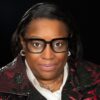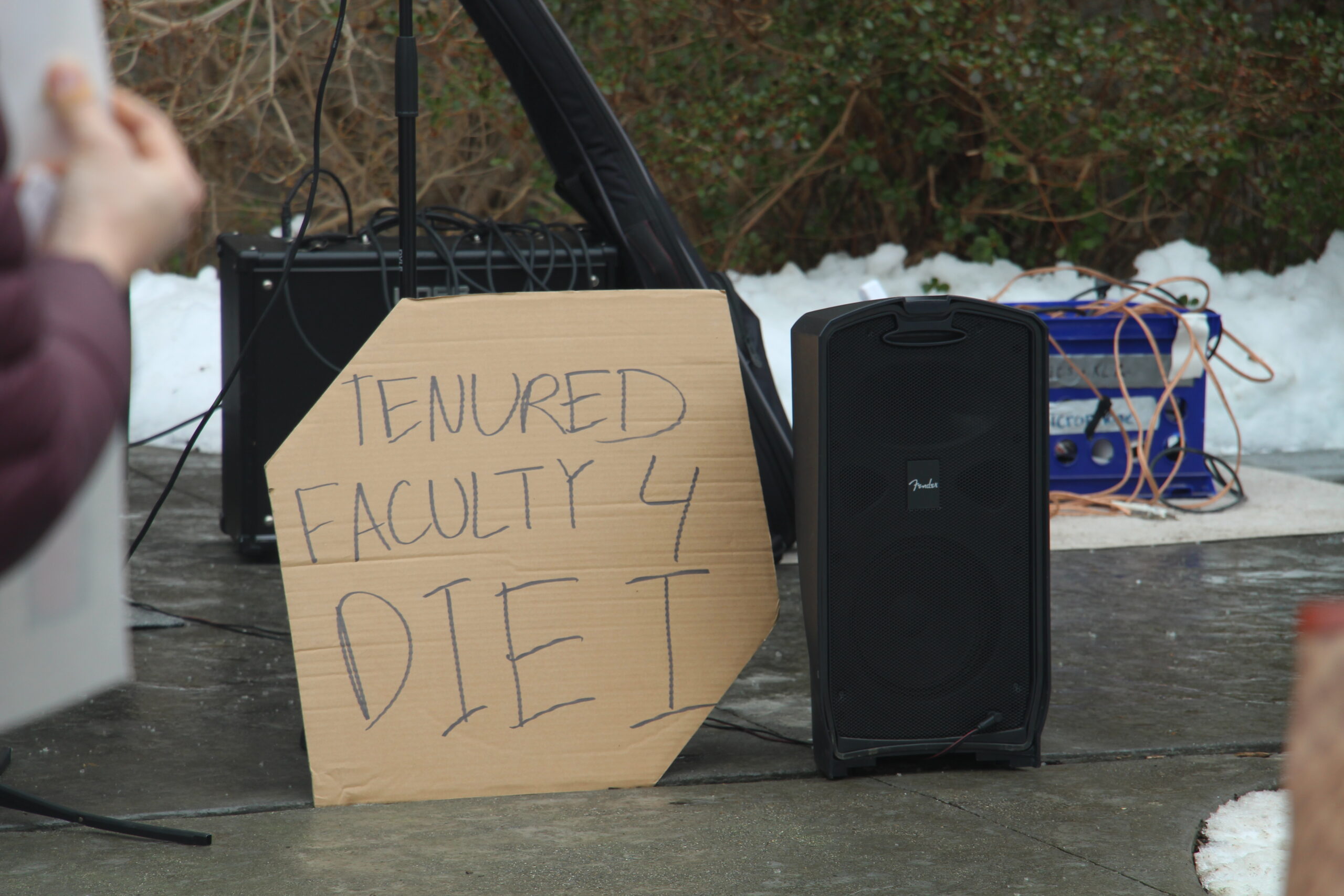On Tuesday, September 25, 2012, the article “Middle Eastern Studies Program Experiences Stunted Growth” in The College Voice captured my attention. I am delighted that so many students are hungry for more Arabic Studies courses and for the chance to pursue a major or a minor related to the Middle East and Islam. Several years ago a group of faculty came together to address the growing interest on campus in these topics. This group of faculty is known as the Global Islamic Studies Faculty Working-Group. Before I discuss where we are and what we are doing I’d like to address some misperceptions in the article about what we currently offer.
I noticed in your article that the terms “Islam” and “the Middle East” were used interchangeably but of course they don’t mean the same thing. The Middle East is a geographical region and Islam is a religion. Furthermore, Islam is a religion that has spread well beyond the Middle East. Less than 20% of Muslims are Arabs. The largest Muslim populations are in Indonesia, Pakistan and India, closely followed by Bangladesh. Only Christianity surpasses Islam in the number of adherents worldwide. Islam is a global religion with many local articulations. So studying Islam is not the same as studying the Middle East. Moreover, Islam is an influential religious tradition. If you are interested in Islam and its influence in the world, then you must also study Islam, Muslim cultures and histories related to Muslims both inside and outside the Middle East.
We are thrilled that Professor Athamneh is teaching Arabic at Connecticut College. Arabic is currently housed in the Classics Department but the article incorrectly stated that all of the College’s courses on Islam are taught in the Classics Department. The Religious Studies Department offers courses on comparative religion and Islam, but courses on Islam and Muslim communities are offered in other departments too. Next semester Professor Alchermes in Art History will teach “Islamic Art: Word and Image,” Professor Portnoff in Religious Studies will offer a course titled “Israel,” and I will teach “Islam and the U.S.” Professor Ferhatovic will be teaching “Imagining Central Asia” offered through the Department of Literatures in English. In the History Department there is “Introduction to Eurasian History,” being offered by Professor Kane, Professor Chhabria will teach “Introduction to South Asian History” and Professor Paxton will teach “Early Islamic History.” In addition to these courses on Islam, Muslim history, and literature by Muslims, we have courses related to the Middle East. One of the two courses Professor Masud will teach next semester is “Politics/Ideology in Literature about the Middle East.” Professor Sayej will also teach her course “The Iraq War.” Thus, next semester, in addition to Arabic language courses, there are a total of ten courses being offered on Global Islam and the Middle East. Moreover, there are other courses that have a significant component devoted to the study of Islam, such as Professor Jafar’s Sociology course title “Sociology of Globalization.” And in the near future Professor Machtans in the German Studies Department will offer courses related to Muslim minorities in Germany. Some of these courses focus on Islam, some focus on the Middle East. There is, in some cases, overlap between the two categories, but that is not always the case. Consequently, students need to be clear about what they want to study, e.g. Islam as a global phenomena, the history, culture, society, and religions of the Middle East, or the forms and roles of Islam in the Middle East and elsewhere.
Looking even further ahead, the Global Islamic Studies Faculty-Working Group is developing a program of study that focuses on Muslim communities all over the world. We envision a program that is not confined to the Middle East but that also takes seriously the major Muslim populations in Asia and other parts of the world, including Europe and the US. Our program will necessarily explore theories of globalization as they relate to majority and minority Muslim communities. This emphasis on globalization processes will challenge assumptions about the role of Islam in contemporary politics and push us to identify and question the knowledge that has shaped current understandings and approaches to Islam and Muslims. As currently envisioned, the Global Islamic Studies (GIS) program will include but will not be limited to the opportunity to focus on the Arab world from a cultural perspective through Arabic language study on campus and study abroad. Already Professor Athamneh (our tenure-track Arabic Studies professor) and Professor Masud (who has taught Arab culture and literature courses in English) have founded and directed an Arabic study abroad summer program. Last summer in this immersion program, ten Connecticut College students spent six weeks in Jordan learning the language and culture of the Arab world.
The Global Islamic Studies Faculty-Working Group includes faculty from all over the College. Here is a list of the current faculty participants working to bring you a Global Islamic Studies Program.
Joe Alchermes, Associate Professor of Art History
Waed Athamneh, Instructor of Arabic Studies
Denis Ferhatovic, Assistant Professor of Literatures in English
Afshan Jafar, Assistant Professor of Sociology
Eileen Kane, Assistant Professor of History
Karolin Machtans, Assistant Professor of German Studies
Muhammad Masud, Adjunct Instructor of Arabic Studies
Fred Paxton, Professor of History
Sharon Portnoff, Assistant Professor of Religious Studies
Caroleen Sayej, Assistant Professor of I.R. and Government
Sufia Uddin, Associate Professor of Religious Studies
We are working with the Educational Planning Committee and the Dean of the Faculty’s office to create this program and have just received a $100,000 grant from the Mellon Foundation to jumpstart it. As this work unfolds, please keep in mind that a vibrant major or minor program does not require its own department. Many interdisciplinary majors/minors/certificate programs thrive without departments of their own. In fact, their interdisciplinary character requires them to be able to bring together courses from many different departments. Strong interdisciplinary programs at the College include American Studies, Architectural Studies, Environmental Studies, Film Studies, and Neuroscience. We look forward to joining the ranks of these great programs at the College.
In the meantime, we in the GIS Faculty-Working Group have been and continue to encourage students to create Self Designed Interdisciplinary Majors and Minors (SDIMMs) in Global Islamic Studies until a program is in place. Having a large number of students pursuing SDIMMs in a given area has in the past served as an effective stepping-stone for developing a new program.
If you want to meet the faculty and learn more about what we are offering, come to our reception for students interested in the Arabic Studies minor and the Global Islamic Studies major and minor on Friday, November 2nd in the Faculty Lounge in Blaustein from 4-6pm. We welcome your input and look forward to talking with you.
-Professor Sufia Uddin and the Global Islamic Studies Faculty-Working Group









